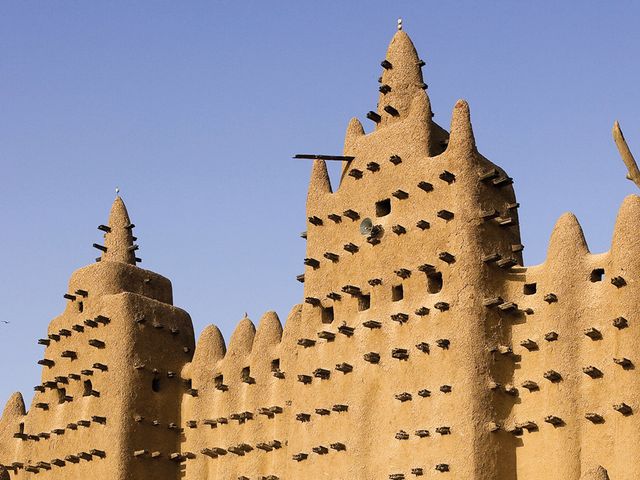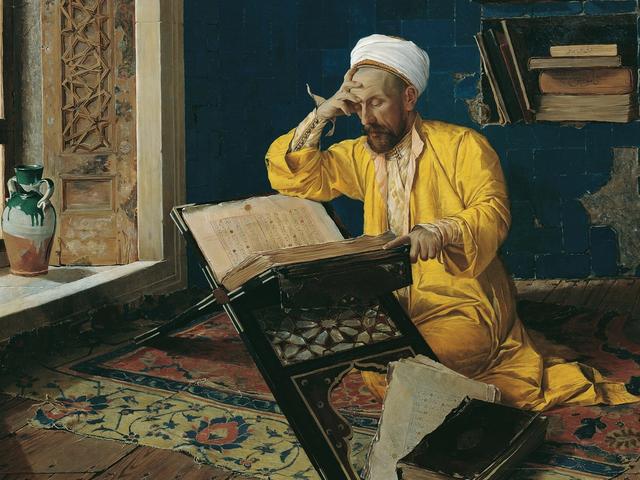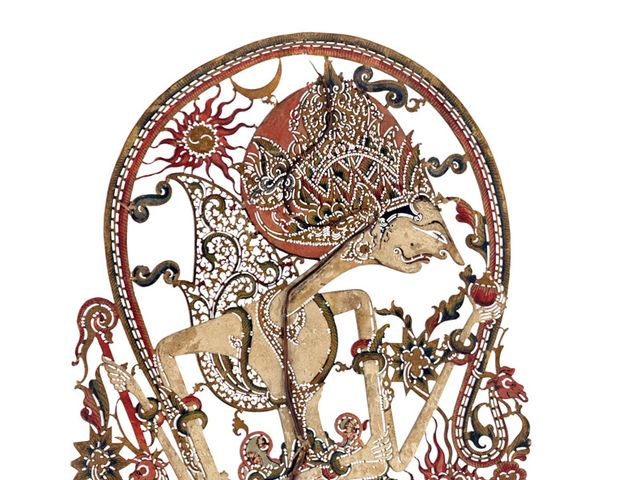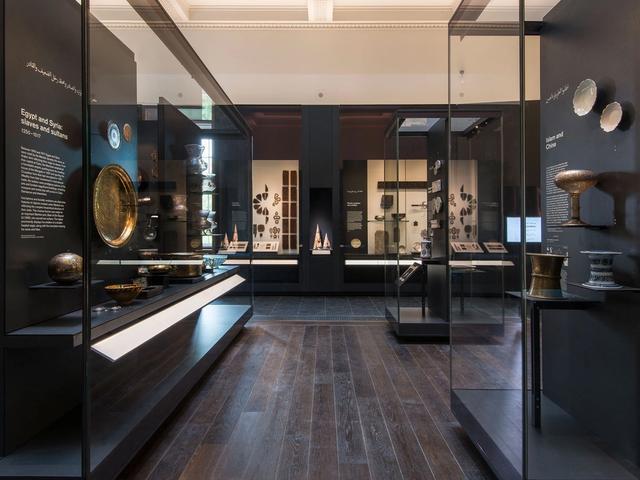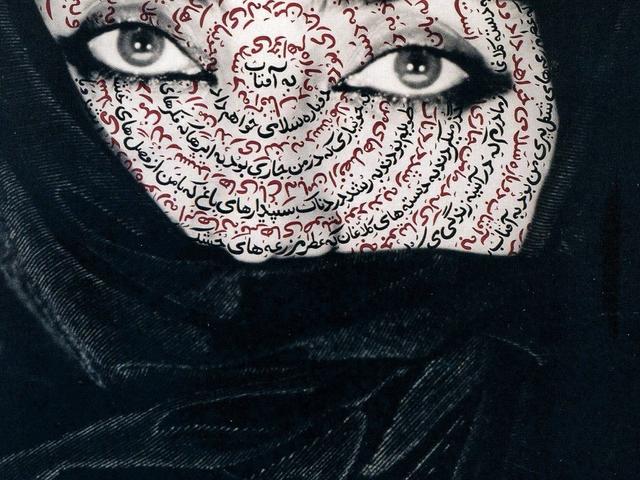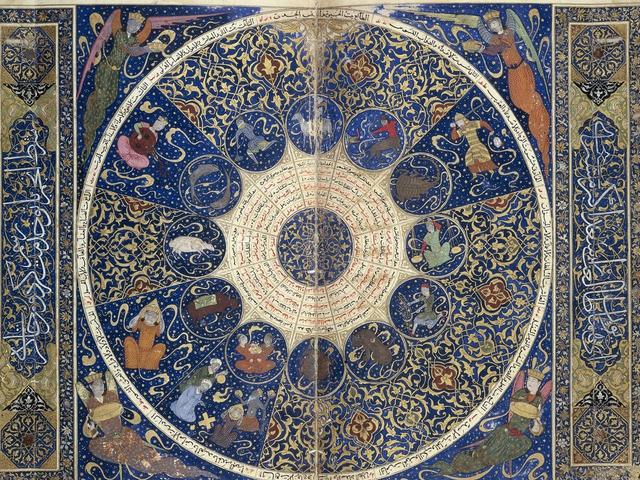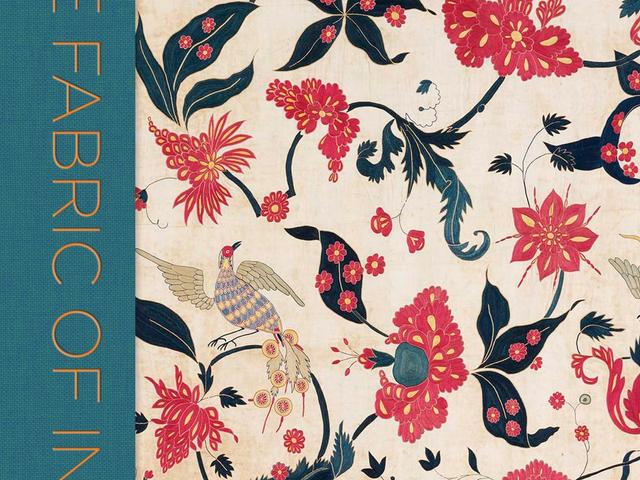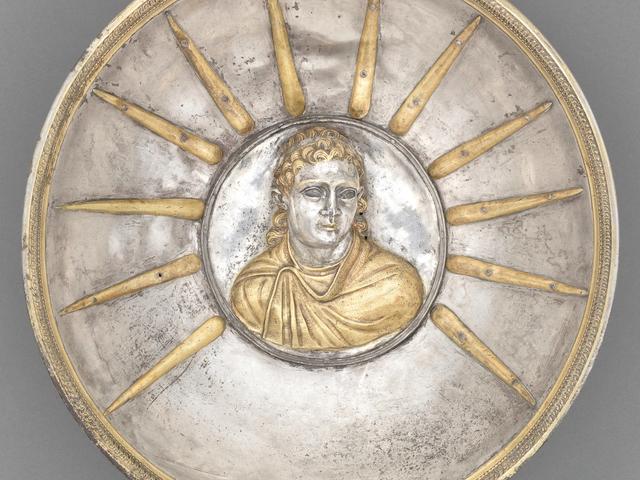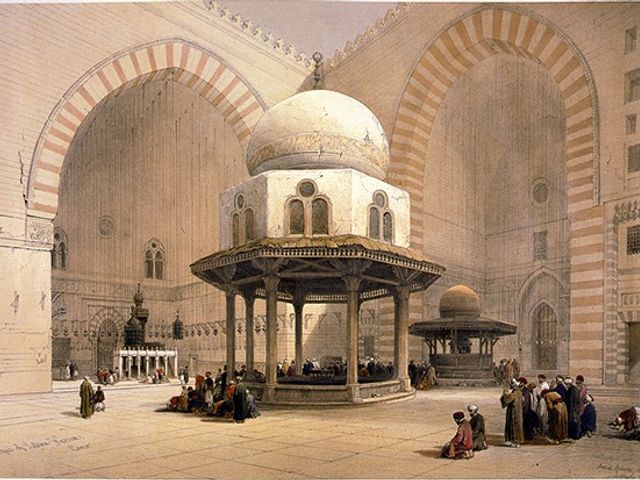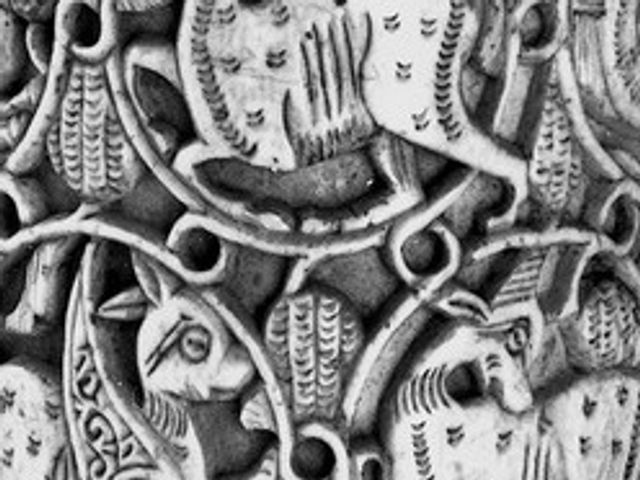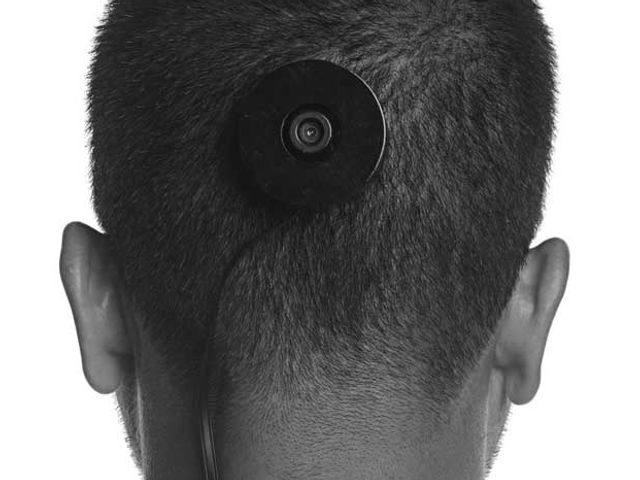Jane Jakeman
Magnificence of mosques and their contents revealed in book created by 'dream team' of Saudi and Egyptian museums
Exploration of the Islamic building through its decorations and objects fills a gap in the field
Two books have different takes on the question: just what is Islamic Art?
One title, based on a recent exhibition, and another with an academic bent present divergent interpretations, from the context of workmanship and religion
The image debate: new book looks at age-old question of figural representation in Islam
This collection of essays examines the Islamic treatment of figuration around the world, from pre-modern decoration to contemporary snowmen
British Museum’s Islamic art finally gets its fairy-tale ending
Restored Victorian galleries, funded by Albukhary Foundation and featuring screens by Ahmad Angawi, have transformed the presentation of the collection
Credence and credulity: on Islamic art and the supernatural
This small book is ground-breaking, bringing to light Islamic beliefs and superstitions
Undermined by silence: lack of provenance is devastating flaw of al-Sabah collection catalogue
Scholarly assessment is greatly hampered by the lack of detail on where and how the objects were acquired
The stones cry out: on Medieval art in war-torn Syria
The Ayyubid glories of Syria, now mostly in ruins
Only for the rich: Islamic art is overshadowed by morally questionable Gulf labour conditions
Jane Jakeman reviews two very different takes on art in the Middle East
Horns offer plenty in the Middle Ages
An exhaustive survey of medieval elephant ivories raises the question of what is the best way to convey complex information, says Jane Jakeman
Reflections on art as an (ineffective) social expression
Jane Jakeman on art since the Arab Spring
Books: The ecumenicity of iconophobia
Christian, Jewish and Muslim anxieties about images
Indefatigable enthusiasm in Saeb Eigner's book "Art of the Middle East: Modern and Contemporary Art of the Arab World and Iran"
While one may not be familiar with some of the book's more niche digressions, Eigner's dexterity in referencing the ancient past never fails to impress


